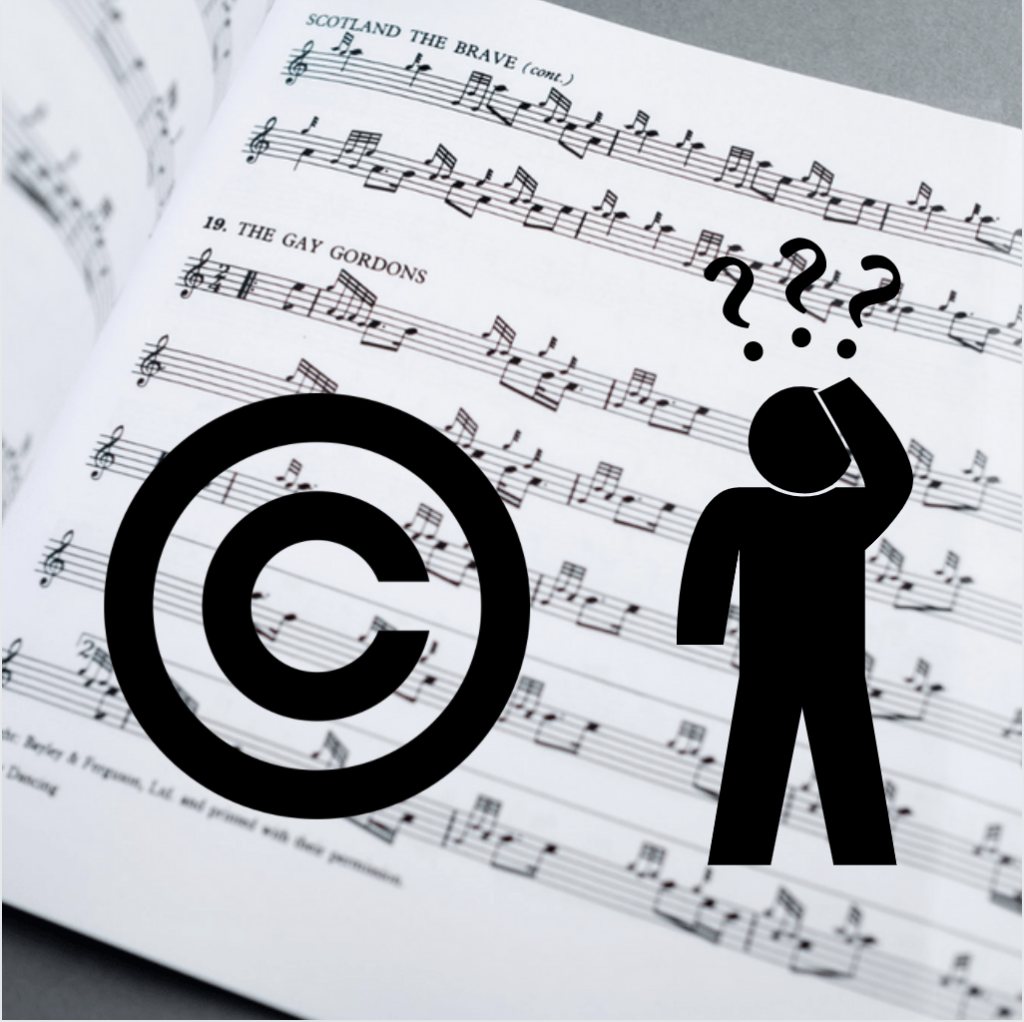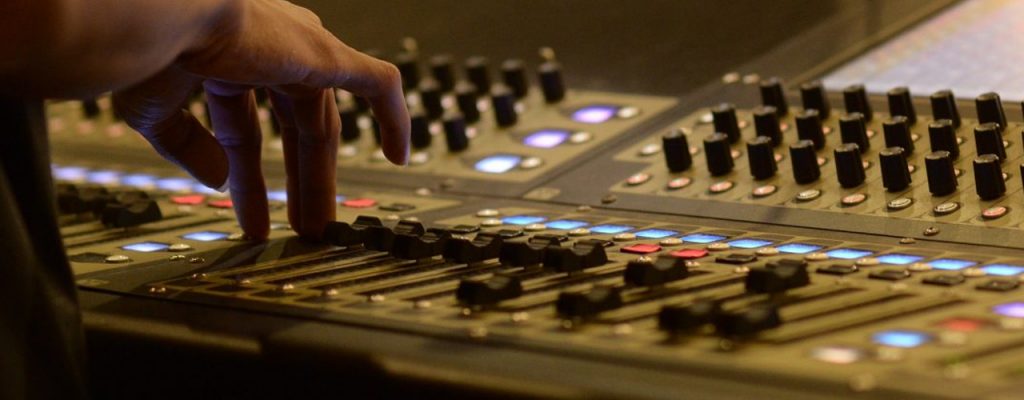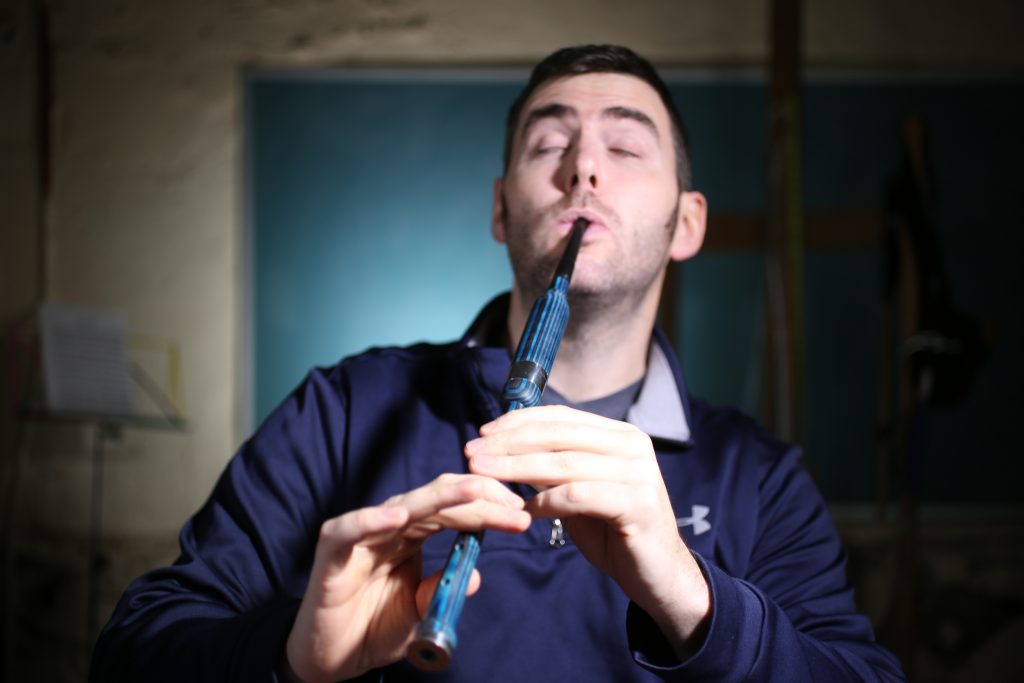Bagpipers and Copyrights

Every now and then, heated discussions arise online about bagpipers sharing copyrighted material. For as long as I have been a bagpiper, copyrighted material has been freely shared in every community that I have been part of. Let’s discuss.
To make things a little easier, we will discuss copyrights in the United States. According to the U.S. Copyright Office a copyright is “…a form of protection provided by the laws of the United States to the authors of ‘original works of authorship'…” This includes musical works (sheet music) including any accompanying words and sound recordings.
A long series of laws have been passed, collectively know as the Bilateral Copyright Agreements, that essentially grant a copyright protection to works that are copyrighted in other countries that are part of the agreement. The list of countries is long but it includes Great Britain, Canada, Australia, New Zealand, and most other countries that are part of the bagpiping world.
Current U.S. copyright law grants an author automatic copyright for all original works at the moment of creation. Registration with the U.S. copyright office is not required but can be useful as additional protection. That copyright extends for the length of the author's life plus 70 years. This applies to all works created after January 1, 1978. Works created before that date must have been registered with the U.S. copyright office and were granted copyrights for 28 years upon registration and another 28 upon second renewal. Works under copyright registration and second renewal between 1922 and 1978 have an automatic 95-year extension of copyright from the date of their creation. A lapse in renewal for all works created before 1978 expires copyright and places the work in the public domain. A copyright in the U.S. give the owner six main, exclusive rights. These are the right to reproduce the work in copies, prepare derivative works, distribute spies of the work, publicly perform the work, publicly display the work, and digitally transmit sound recordings of the work.
To simplify things, if the work was created before 1922, it is currently in the public domain. Fortunately for us pipers, much of our music is very old and predates this and is thus free to use. Public domain work can be freely distributed and copied. Copyright owners can also release their work into the public domain. They also can release their work under conditional copyrights, allowing free use under certain circumstances.
There is also the concept of "Fair Use." Fair use allows for the use of limited amounts of copyrighted works in ways that do not infringe on the original copyright. There are a lot of factors that determine fair use. The four main ones are: the purpose and character of the use, the nature of the original work, the portion used compared to the copyrighted work as a whole, and the effect on the potential value of the copyrighted work. Duplicating materials for personal use and educational purposes constitutes fair use, for example.
In the U.S., it is illegal to copy and distribute copyrighted material without the consent of the copyright owner. This includes physical copies and digital copies.
It essentially boils down to this: If you want to perform a copyrighted piece of music you need to have acquired a legal copy of the tune to perform it for the public or have consent of the creator. This becomes problematic if you have a band with 25 pipers and a band medley with seven or eight tunes. Many bands though are registered non-profit organizations or affiliates of public institutions. Distributing copyrighted music within these bands would be considered fair use, as long as there is an authentic legal copy in possession. Public performance of copyrighted music brings up other legal issues and we're fortunate in the bagpipe music world that no one has made an issue of this.
In the bagpiping world, copyrights are treated pretty loosely. My first instructor would commonly copy LPs (that's vinyl record disk by the way) to cassette tapes. My second instructor handed me a complete photocopy of a book without thinking anything about it. It’s common for a pipe major to hand out photocopies of tunes to all the pipers for new repertoire. Over the years, recording and duplication media has forced an evolution of copyright. It is perfectly legal to "shift" a recording to other media for personal use. It is also legal (and preferred) to re-transcribe the tunes for personal use within the band. It is not, and never has been, legal to produce full photocopied versions of printed works for any purpose.
The ease of sharing bagpipe sheet music with digital files has only made the situation of copying tunes more tricky. Just about everyone has a printer in their home and every printer is also a scanner. Creating and sharing a digital file of a scanned copy of a whole book is something almost anyone can do. But just because it’s something that can be done easily, it doesn’t mean it’s appropriate. Ownership of those published works rests with the their creators and it is only they who have the right to produce copies or grant permission to produce copies.
For the most part, no one expects to make a ton of money from bagpipes and inappropriate copying and sharing of bagpipe music rarely puts a dent in anyone's cash flow. There are exceptions of course, but if you ask almost anyone who has published a tune or book, they do it to share knowledge and their art and improve the bagpipe community as a whole.
When you pick a tune to play, either as a band or solo, make an effort to find out who composed or published the tune. If it was recently published in a book, buy the book. Today, there are resources to buy just the individual tunes. These resources are a proper venue for distribution. The version of the tune will often be an accurate setting with the consent of the composer. Anonymous tune posting sites or random sources are not really the place to be acquiring tunes.
Supporting composers and authors by honoring their copyright is a way of supporting the bagpiping community as a whole and encouraging more original work. While it can be very easy to find music online, or to get a photocopy from a friend, making the effort to get a legal, authoritative copy of the music will improve your own bagpiping as well as improve bagpiping worldwide.






Responses